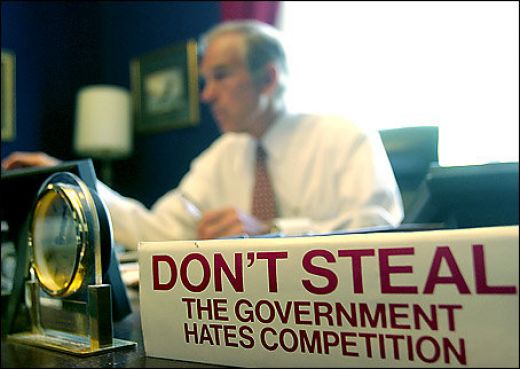Oh will you look at this, another example of government “help” causing more damage than benefit [PDF]. The study titled The American Recovery and Reinvestment Act: Public Sector Jobs Saved, Private Sector Jobs Forestalled demonstrated once again that government “public works” programs don’t actually benefit anybody:
We estimate the Act created/saved 450 thousand government-sector jobs and destroyed/forestalled one million private sector jobs. State and local government jobs were saved because ARRA funds were largely used to offset state revenue shortfalls and Medicaid increases (Fig. A) rather than boost private sector employment (e.g. Fig. B). The majority of destroyed/forestalled jobs were in growth industries including health, education, professional and business services. Searching across alternative model specifications, the best-case scenario for an effectual ARRA has the Act creating/saving a net 659 thousand jobs, mainly in government.
So all of that money that was supposed to get our economy rolling and save or create jobs only managed to do so for government jobs. Yet less government jobs were saved or created than private sector jobs were lost. This is the usual result whenever government attempts to involve itself with economics. Had the government not first interfered with the market to create the current recession we’re in (thanks for the housing bubble by the way Mr. Federal Reserve) but then they take actions that have been demonstrated in the past to cause more harm.
